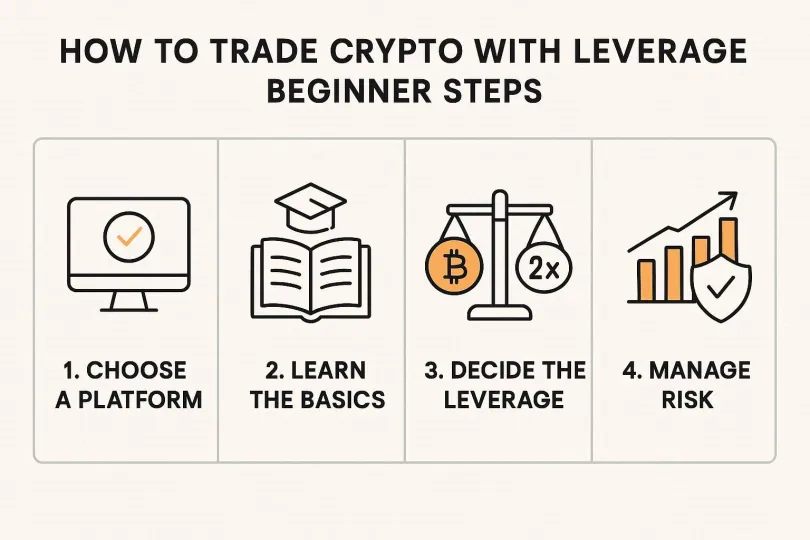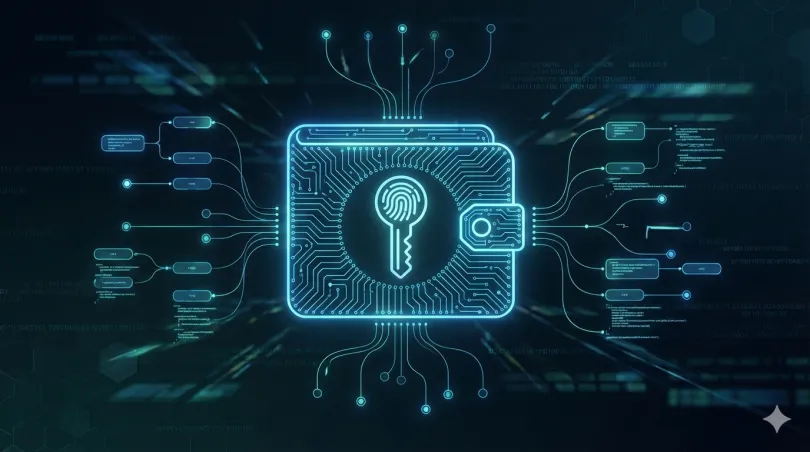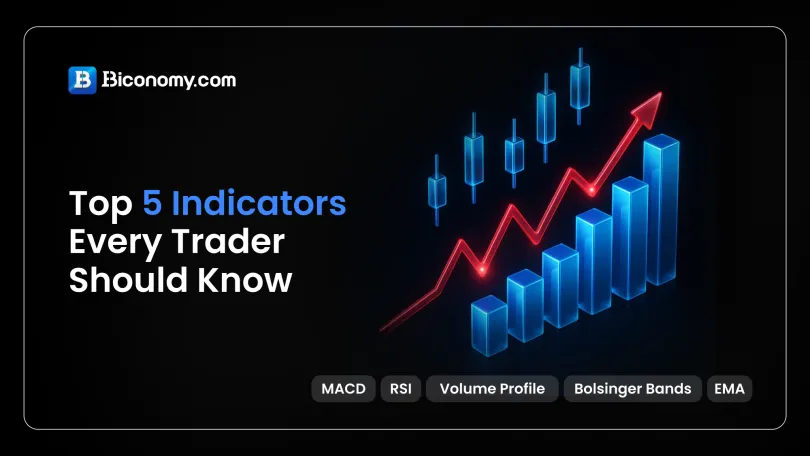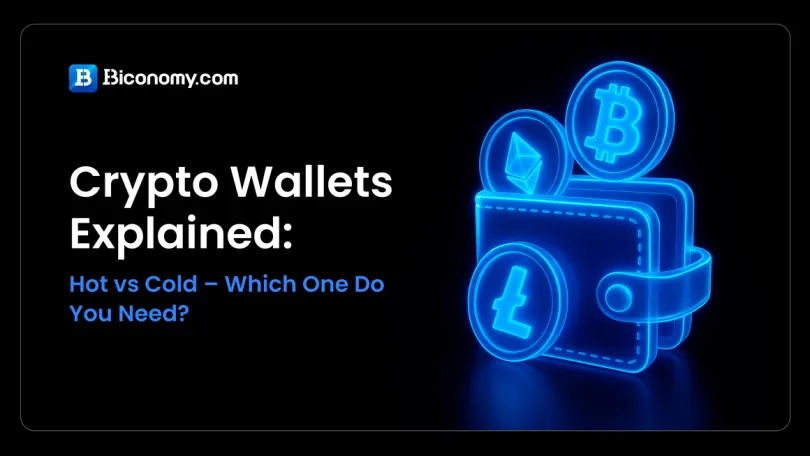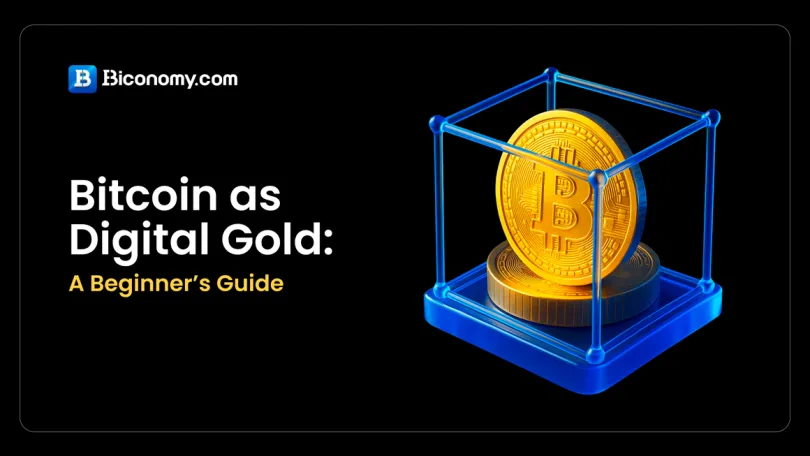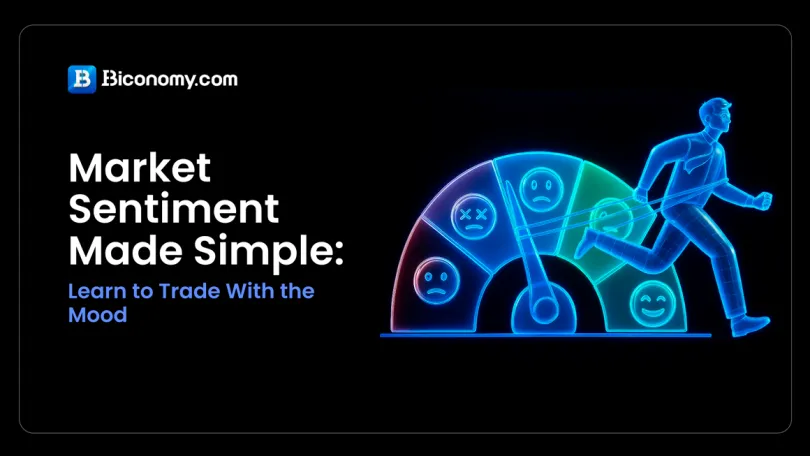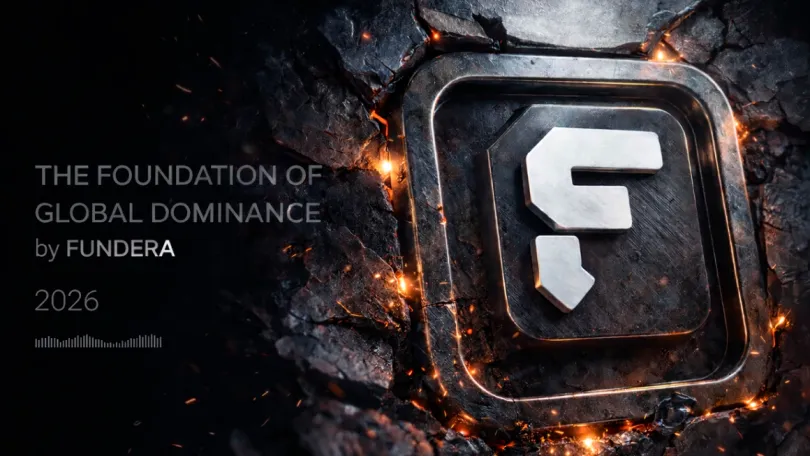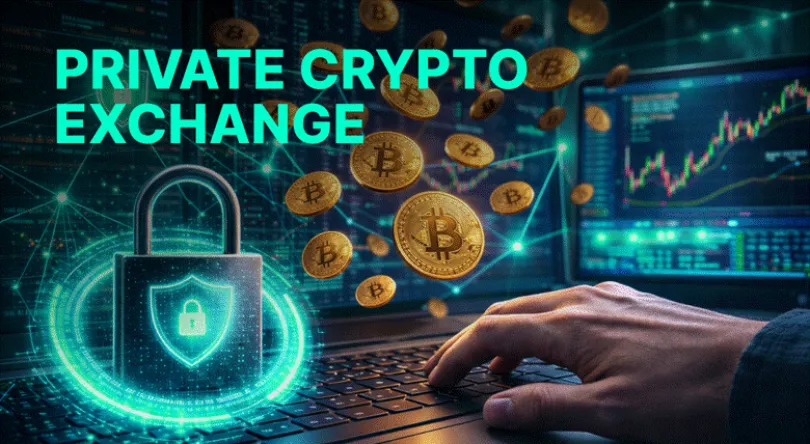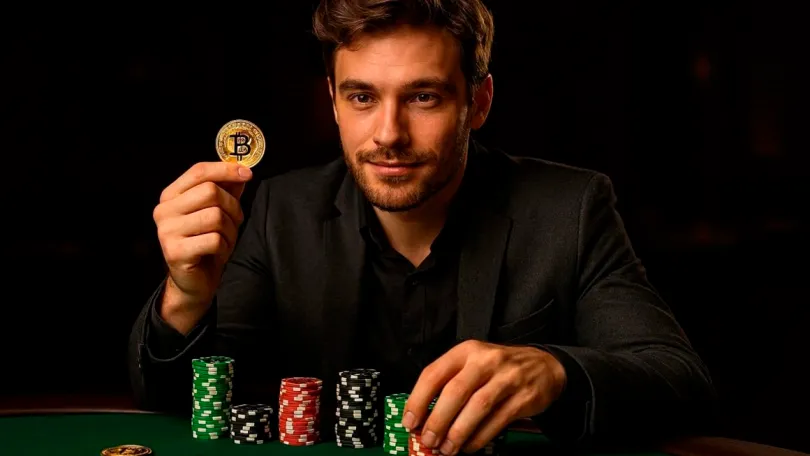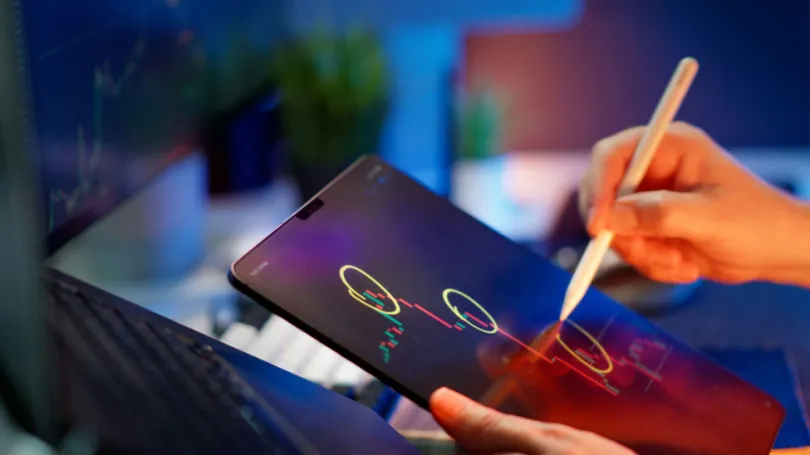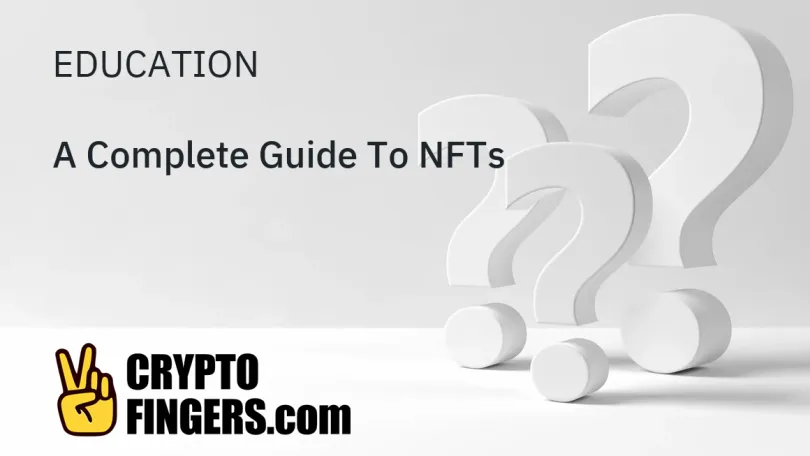
Seven years after they were created, NFTs broke into the mainstream. Click through to learn the basics of non-fungible tokens, why they’re so popular, and how to make them yourself!
Ever since it went mainstream in 2021, everyone from digital artists to celebrities to football clubs has hopped on the NFT train. But what are NFTs, and why are people getting into them in droves? Read on to learn all about NFTs and why they’re so popular!
What Are NFTs?
NFTs stand for "Non-Fungible Tokens". If an object is fungible, it’s easily traded with another item of the same value. For example, fiat currency is fungible because you can trade a $20 bill with another $20 bill, which will still have the same value.
In contrast, you cannot easily exchange non-fungible items. For example, while the Mona Lisa and Starry Night are both paintings, they don’t have the same value and cannot be traded.
#NFTsare pieces of data attached to a digital asset (e.g., pictures, music, or videos) that act as proof of ownership of that asset. While the asset can be copied and saved by others, you’re the rightful owner of that digital asset.
Most NFTs are one-of-a-kind items – the Bored Ape Yacht Club (#BAYC) generative NFT collection is a good example. The collection consists of 10,000 ape pictures, and none of them are exactly the same. The fact that there’s only one copy of each ape in existence is what makes them valuable.
While NFTs have been around since 2014, they truly exploded in 2021, thanks to big pushes from celebrities and sports figures. Endorsements from celebrities like Grimes and Matt Damon, as well as the success of NBA Top Shot, propelled NFTs into the mainstream. Since then, more and more people have flocked to NFTs (even making their own) to capitalize on the boom.
How Do NFTs Work?
NFTs exist on a blockchain, a public digital ledger that records transactions. While most NFTs are recorded on the Ethereum blockchain, some are hosted on alternative blockchains like Solana and Polygon.
Creating an NFT is called minting. It involves attaching a digital certificate to the piece of art and registering it on the blockchain. The digital certificate confirms your ownership of the art and records the NFT’s transaction history. If you buy an NFT from someone else, you can see all of its previous owners in the digital certificate.
Similar to bitcoin and other cryptocurrencies, you "store" NFTs in a digital wallet. Unlike physical wallets that hold money, digital wallets provide access to the NFTs recorded on the blockchain.
What Are NFTs Used For?
NFTs are primarily used to signify ownership of digital assets and prevent fraud. But thanks to developments in the field, there are many other ways to use NFTs, like:
Certificates Of Ownership
One of the basic uses of NFTs is to verify your ownership of a digital asset. Say you have a CryptoPunks #124 NFT. While anybody on the Internet can save the picture, you’re the rightful owner because you have the digital certificate of ownership.
Digital Collectibles
Some NFTs are designed as digital collectibles, similar to how people collect stamps or baseball cards. Stores like NBA Top Shot and Topps NFTs bring sports collectibles into the 21st century with digital collectibles you can trade with other collectors.
Investment Vehicles
The scarcity of NFTs makes them great mediums for investment and speculation. Many collectors "flip" NFTs by buying them at a low price early on, then selling them for a higher value immediately after. Other collectors prefer to hold onto NFTs in hopes they’ll multiply in value in the future.
Real Estate Documents
NFTs are essentially digital records secured on a blockchain, meaning they’re almost impossible to tamper with. The real estate industry can use NFTs as digital land deeds to speed up transactions and track property value changes.
Video Game Items
NFT-based gaming is taking the industry by storm. Players collect unique, one-of-a-kind in-game items they can use to power up their characters. Meanwhile, games like #Axie Infinity implement a play-to-earn model, where players breed creatures to battle and trade with for real-world money.
Important Platforms In The NFT Space
The NFT space is more than just digital artwork and marketplaces. With more industries and players coming in, the NFT space is ever-expanding. Here are some common platforms you’ll find in the NFT space:
NFT Marketplaces
NFT marketplaces like #OpenSea, #Rarible, and Coinbase NFT are like the hubs of the NFT landscape. They host digital collectibles made by a wide range of creators and put them up for sale to the public. Many of these #marketplaces also host NFT drops, where new NFT projects are launched.
Long-established players in the fine art world like Sotheby’s and Christie’s have also entered the NFT space. Notably, Christie’s hosted the auction where Beeple sold his Everydays: The First 5000 Days NFT for a whopping $69 million.
NFT Launchpads
Launching an NFT project alone can be challenging for some people – this is where NFT launchpads come in. These companies help artists by providing fundraising and marketing for their NFT collections.
Metaverse
The easiest way to describe the #metaverse is like the virtual world seen in Ready Player One. While we haven’t quite reached that level yet, virtual worlds like Decentraland let players create, mingle, and play in customizable LANDs.
How To Create An NFT
Creating NFTs is a relatively simple process. All you need is your favorite creative software, artistic talent, and crypto in your wallet.
Here’s how to make an NFT in six easy steps:
- Come up with an idea. Depending on your objectives, you can create a piece that appeals to a wide audience or art that only a small niche would appreciate.
- Work on the art piece. Use your creative software to bring your idea to life. Consider generative art scripts if you’re planning to make large NFT collections like BAYC.
- Save your work. Ensure you have backups so you won’t have to start over if something happens.
- Sign up for a cryptocurrency exchange and connect your crypto wallet to the site.
- Choose the "Mint" option and go through the entire process.
- Pay the gas fee, and your NFT is officially minted.
Ways To Promote Your NFT
Now that your NFT is uploaded to the marketplace, you must promote it so people want to buy it. Here are some of the best marketing methods to promote your NFT:
- Create dedicated NFT collection social media accounts to post artwork and project updates.
- Start a Discord community to foster an active fanbase and gain early buyers.
- Work with NFT influencers to promote your collection.
Conclusion
Non-fungible tokens or NFTs are certificates of authenticity attached to digital assets like art, video, and music. They have many uses, from investment vehicles to digital collectibles. Since NFTs are relatively easy to create, almost anyone can make them and potentially make a profit by being an NFT creator.
FAQs
How do I buy NFTs?
You can buy NFTs by going to NFT exchanges like OpenSea, Rarible, and #SuperRare. Register an account, browse the selection, and buy NFT pieces that catch your eye.
What content can be made into NFTs?
Any type of digital content can be made into NFTs, including images, music, videos, or even funny tweets. However, you need to legally own the content before turning it into an NFT.
Where can you mint NFTs?
You can mint NFTs on NFT trading platforms by uploading your art and paying gas fees.















